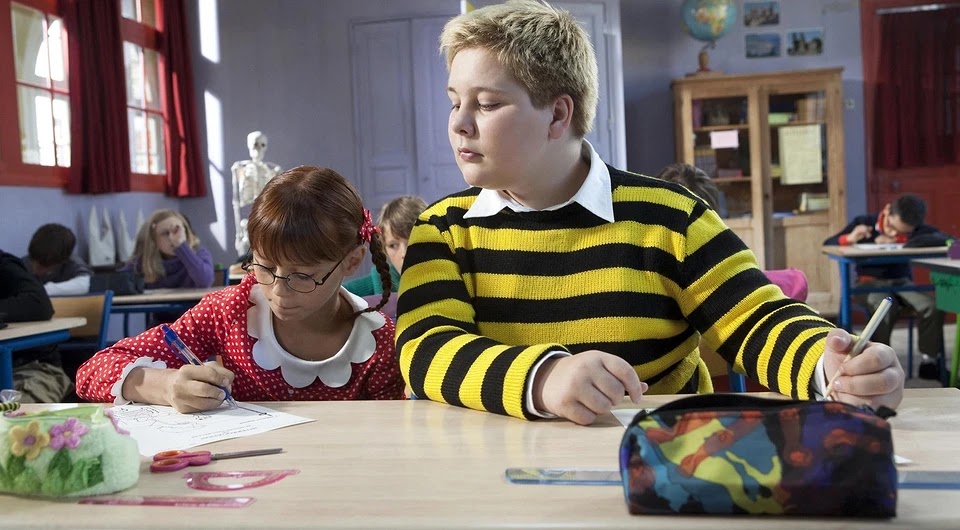Why the non-independent performance of tasks at school is becoming a serious problem and how to deal with it correctly, we understand together with the CEO of the digital educational resource "YaClass" Ekaterina Ryzhova.
Why writing off is bad for the future
Through deception at an early age, children learn to use the achievements of their classmates. Sometimes it is difficult for a child to realize the consequences of non-self-execution of tasks. However, if you rely on others all the time, it will be difficult for a teenager to master the basic math and science skills that are necessary in everyday life.
And in the future, there will be difficulties with solving work issues or tasks that require analytical and critical thinking .
In 2009, the Josephson Institute's Center for Youth Ethics conducted an extensive study on the relationship between student deceit and lying in adult life.
According to the results, Respondents who admitted to using third-party sources on exams at an early age were twice as likely to lie to a supervisor, give false information on resumes, and three times as likely to exaggerate positive information about themselves in an interview.
According to the founder of the Institute of Ethics, Professor Michael Josephson, the values and habits formed in school years rarely change in adulthood. The ability to deceive directly depends on the character, which is finally formed in adolescence.
Thus, it is in high school or college, according to Josephson, that students learn one of life's most important lessons: By lying to teachers, they deceive themselves. In our country, such studies have not been conducted recently, but there is reason to think: how much will the results differ?
What is academic integrity and why is it important to promote it?
- low self-esteem : it is impossible to be proud of the result, to which not enough effort has been made;
- lying always works against the one who lied; injustice towards the teacher and his classmates;
- loss of confidence on the part of the teacher and the whole class;
- deception will be repeated in other life situations and may become a habit.


0 Comments